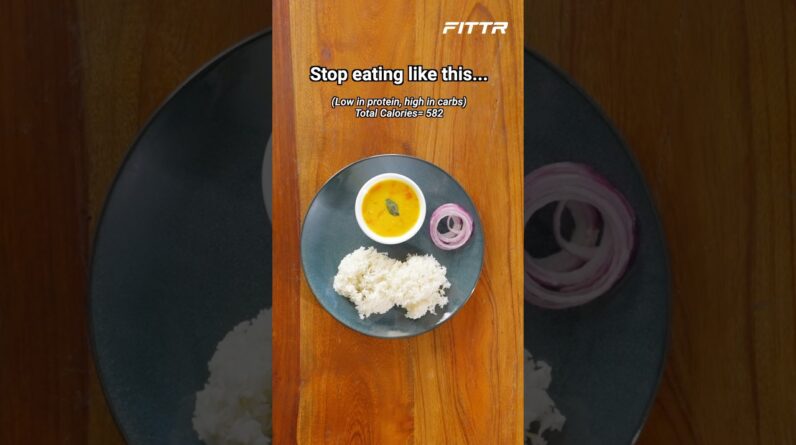
The Ultimate Guide to Dinner Delights: Unveiling the Healthiest Meal Options for a Nourishing Evening Feast
Introduction
When it comes to dinner, choosing healthy and nutritious options is essential to fuel your body and promote overall well-being. The right dinner choices can provide you with the necessary nutrients, boost your energy levels, and support healthy digestion. In this ultimate guide, we will unveil the healthiest meal options for a nourishing evening feast that will leave you feeling satisfied and nourished.
1. Incorporate Lean Protein
Protein is an essential component of any dinner, as it helps repair and build tissues, supports muscle growth, and keeps you feeling full for longer periods. Opt for lean protein sources such as skinless chicken breast, fish, tofu, or legumes like lentils and chickpeas. These options are low in saturated fat and high in vitamins and minerals.
2. Load Up on Veggies
Vegetables are packed with essential vitamins, minerals, and fiber that promote good health. Incorporate a variety of colorful vegetables into your dinner to ensure you’re getting a wide range of nutrients. Consider options like broccoli, spinach, bell peppers, carrots, and cauliflower. Roasting or steaming vegetables helps retain their nutrients while adding delicious flavor.
3. Choose Whole Grains
Whole grains are an excellent source of complex carbohydrates that provide a steady release of energy and keep you feeling fuller for longer. Opt for whole grain options like brown rice, quinoa, whole wheat pasta, or barley instead of refined grains. These whole grains are rich in fiber, vitamins, and minerals, making them a healthier choice for dinner.
4. Don’t Forget Healthy Fats
Healthy fats are an essential part of a balanced dinner. Incorporate sources like avocados, nuts, seeds, and olive oil into your meals. These fats are rich in omega-3 fatty acids, which are beneficial for heart health and brain function. Just remember to consume them in moderation, as they are high in calories.
5. Mindful Portion Control
While choosing healthy options is important, portion control is equally crucial. Be mindful of the quantity of food you consume during dinner. It’s recommended to fill half of your plate with vegetables, one-quarter with lean protein, and one-quarter with whole grains. This balanced approach ensures you’re getting a variety of nutrients without overeating.
6. Experiment with Herbs and Spices
Enhance the flavor of your dinner without adding excess salt or unhealthy condiments by experimenting with herbs and spices. Fresh herbs like basil, cilantro, parsley, or thyme can add a burst of flavor to your dishes. Additionally, spices like turmeric, cumin, paprika, or chili powder not only enhance taste but also provide potential health benefits.
7. Hydrate with Healthy Beverages
Don’t forget to hydrate during dinner! Opt for healthy beverage choices like water, herbal teas, or infused water with slices of fruits or herbs. Avoid sugary drinks and excessive alcohol consumption, as they can add unnecessary calories and cause dehydration.
8. Plan Ahead for Success
Planning your dinners in advance can help you make healthier choices and avoid last-minute unhealthy options. Create a meal plan for the week, make a grocery list, and ensure you have all the necessary ingredients on hand. Preparing meals at home allows you to control the quality of ingredients and portion sizes.
Conclusion
Choosing the healthiest meal options for your dinner is a vital step towards maintaining a nutritious and balanced diet. Incorporating lean protein, loading up on vegetables, choosing whole grains, including healthy fats, practicing portion control, experimenting with herbs and spices, hydrating with healthy beverages, and planning ahead are all key factors in creating a nourishing evening feast. By following this ultimate guide, you can enjoy delicious dinners that support your overall well-being and leave you feeling energized and satisfied.








